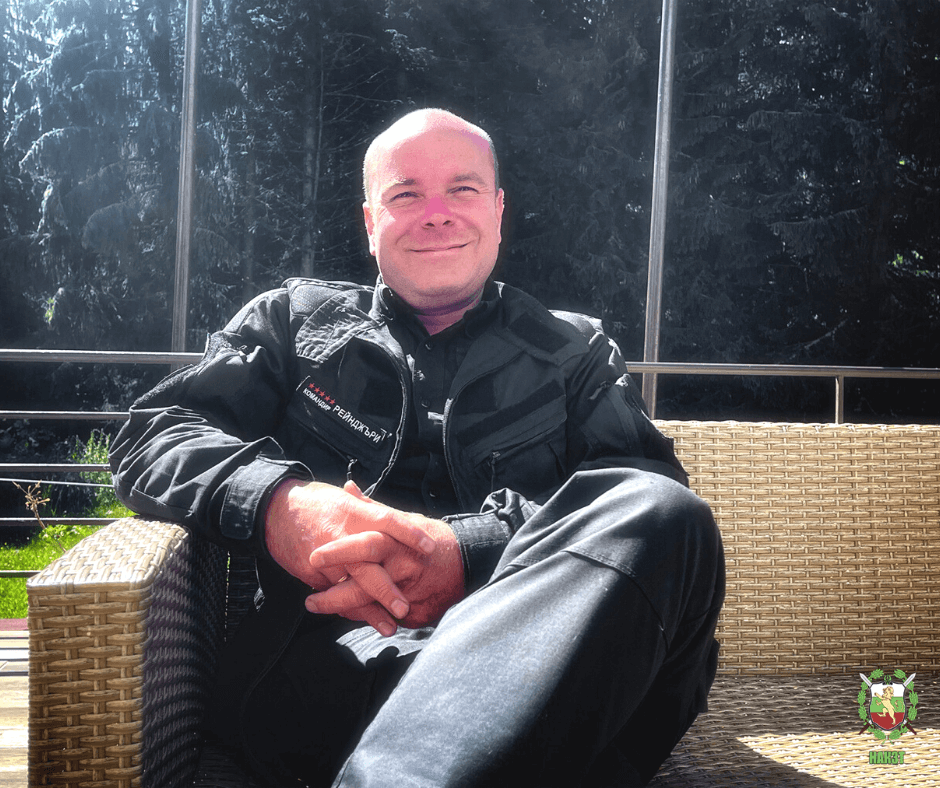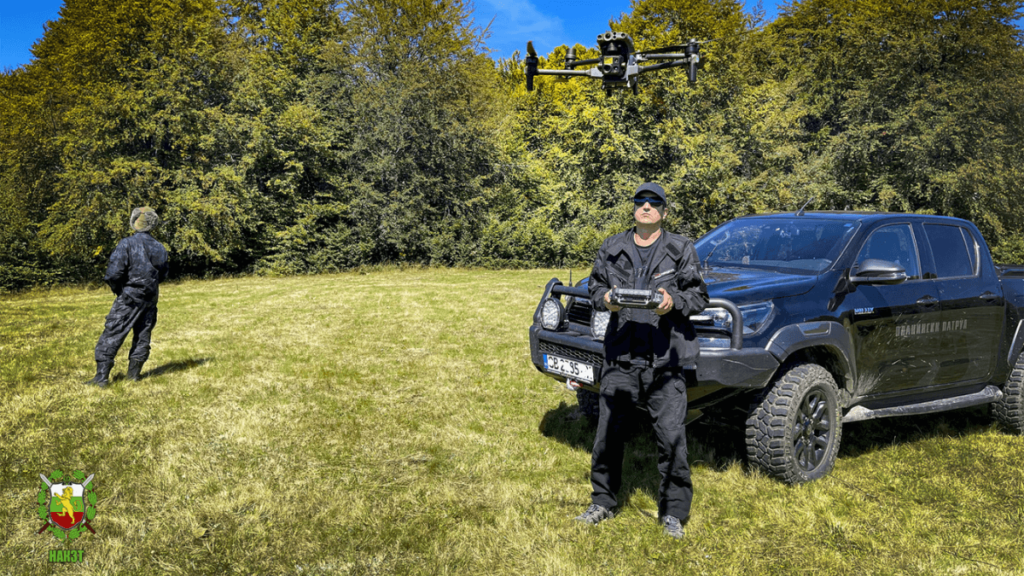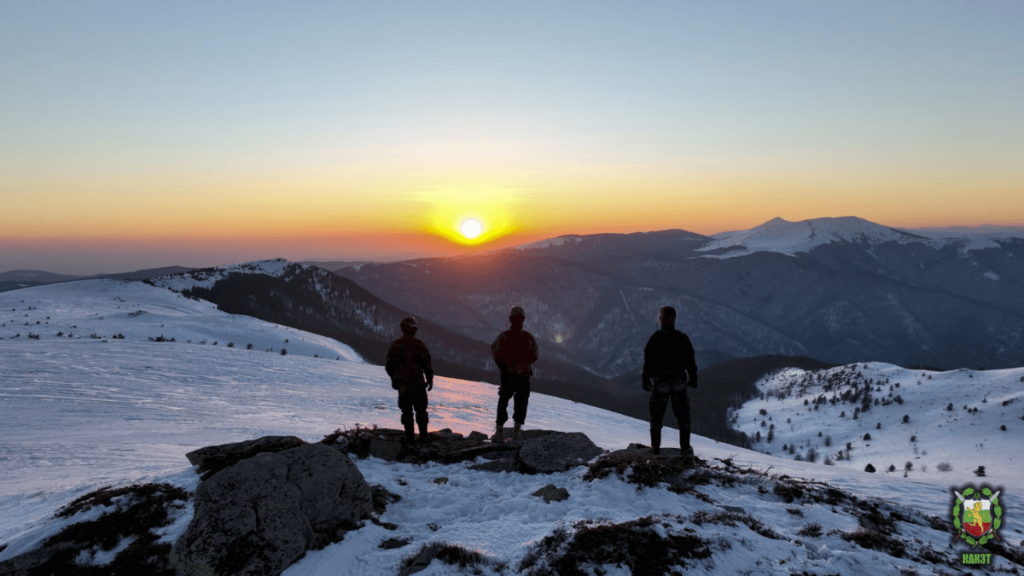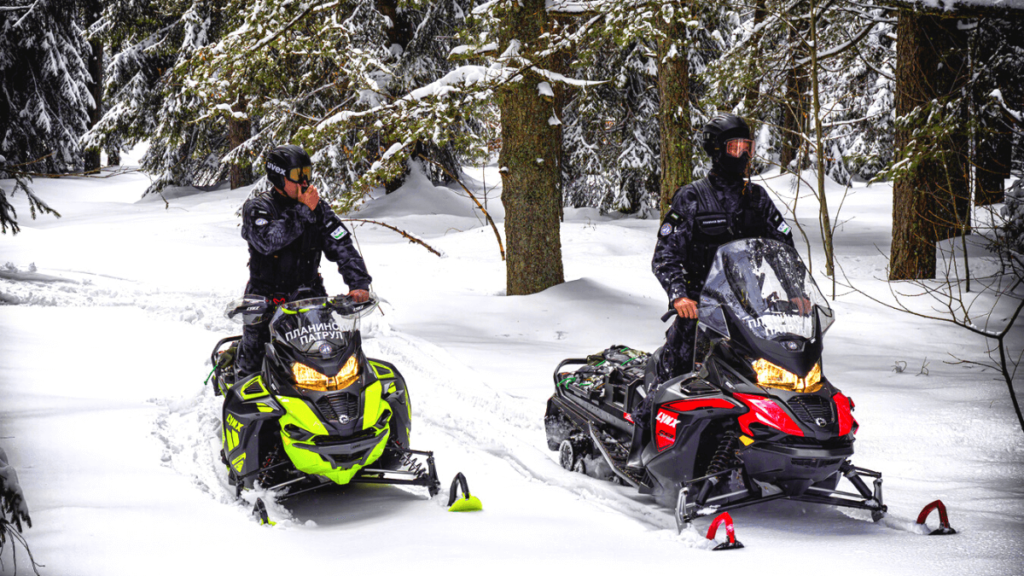The National Protected Areas Control Agency (NPACA) started as an NGO in Bulgaria three years ago to establish not only the ranger profession, but also a specific ranger framework for the country’s more than 600 protected areas. It is truly a long term project. Only last year they became a member of the European Ranger Federation (ERF). We talked to their chairman Ivaylo Ivanov, actually a long-time lawyer in international trade law, about how he came to join forces of like-minded people to form Bulgaria’s first ranger association. Read here about their goals, biggest issues and how the people of Bulgaria and their love for nature encourage them.
To get to know one of the most recent members of the ERF: What is the history of your association and its goals?
We are a young organisation introducing the Ranger movement in Bulgaria. We have many protected areas: half a million hectares of the country is protected in various specifications and we have more than 600 protected zones. There are some administrative regulations for these zones at the level of the Ministry of environmental protection and waters, which is the governmental agency dealing with all the protected areas. But at a practical level there are only a few people engaged in some kind of ranger activities in the national parks. So one of our goals is to push forward the acceptance of the ranger profession and to help develop a concept for it.

“From dealing with people we now see some very positive outcomes. Last year, for example, we had no illegal logging at all.”
Ivaylo Ivanov, Chairman of the National Protected Areas Control Agency Bulgaria
How successful have you been with this so far and what are the conservation issues?
Our previous government was very eco-friendly and we laid the foundation for future cooperation and for the establishment of the ranger profession in Bulgaria. Unfortunately the current government does not care for nature preservation at all and makes everything very difficult. But our work continues, as we are an independent organisation, funded by donations and contributions by our members. So we just keep with our goals of establishing a network for a clean environment and creating a model for the conservation of protected zones on a national level.
“There is a lot of appetite for major investment projects in protected areas.“
Ivaylo Ivanov, chairman of NPACA
We face quite a few problems, but one of the main ones on a national level is illegal logging. We have some precious very old growth forests that are being taken down without any consideration for the health of the ecosystem. Sometimes even lawful logging is something of a concern, because too many trees are taken out. Another problem is the overall industrial pollution. We work with inspectors from the environmental ministry at local level to keep the areas clean, but it is an uphill battle. Still another issue is investment projects in Natura 2000 zones. Basically about 35 percent of the whole country is protected under this framework. In some areas sustainable activities are allowed, but there is a lot of appetite for major investment projects, like ski resorts in the National Parks. And of course we have the environmental education of the whole society as a concern. People in Bulgaria love their nature, but they are not very well educated about its protection.
How do you deal with those problems?
We are trying to educate people, we work with young people. We conduct programs with local authorities and schools, talking to local people and their children about the protected areas, organising field trips in the pristine Western Balkan Area we operate in, for example the habitat protected areas of Zapadna Stara Planina and Predbalkan or the bird sanctuary Ponor. We also do Junior Ranger programs and are part of the Junior Ranger program of the Europarc Federation with the goal of working with children in cross border cooperation. We try to show children why nature should be protected and why every single one of us needs to support this. Regarding investment projects we mainly help whistleblowers spread the word and we monitor the process of how – and if at all – the environmental assessment is conducted. And of course we monitor constantly our areas to detect illegal activities like logging and poaching. Last year we succeeded in securing some very sophisticated last generation drones, thanks to donations, and installed a drone monitoring system. So now our ranger patrols on the ground can focus on areas where they are really needed. Our drone program for rangers is probably the best in Europe now.

What is the response from the general population to your work as rangers?
People find it hard to understand that nature preservation is the work of everyone, not just the state. In the villages the local people are used to doing whatever they want: logging, hunting without permission, motorcycling in prohibited zones. Those are daily issues. But since we started, people are seeing more and more the benefit of having an onsite organisation to prevent all this. So we are aiming at increasing public awareness as much as we can about the regulations in protected areas and about the actual value and meaning of these policies. Often they are not aware of them. We are strict about compliance, but in friendly conversation.
“Education is the key for success in dealing with people. And we find that people listen.”
Ivaylo Ivanov, chairman of NPACA
From dealing with people in the last three years we now see some very positive outcomes. For instance last year we didn’t have any logging at all. Education is a very important key for this success and we find that people listen if you are polite and friendly. One of our next projects concerns a precious mountain area in the Southeast of Bulgaria. Basically the only job available there is logging. So we aim to emphasise children education there, because they could influence their parents who are actively involved in logging and help to preserve the precious forests this way.
How to become a ranger in Bulgaria? And what powers are rangers vested with?
Being a ranger in Bulgaria is still something to be established and thus not connected with law enforcement privileges. I myself became a ranger as a matter of my conviction and mentality and we are tackling this from the angle of an NGO for a purpose, as most of the problems are coming from the central government still. I am a lawyer by education and vocation and have dealt with international law most of my life. From this perspective we formed an association to really make an impact. Our core management team is about ten people almost constantly engaged with organisational and technical things. Then there are the rangers engaged in actual field work. We have members with prior education in the US ranger system and are currently establishing a lot of connections with European organisations. We do internal training for the variety of tasks and conditions our rangers are facing and have volunteers working with us to clean paths or help with patrolling and monitoring. Sometimes we also support the Bulgarian Academy of Sciences in their projects and investigations.

What is it that drives you personally?
Nature is here to stay, with or without mankind. We should strive to make minimal impact. In Bulgaria we have some of the largest Natura 2000 areas in the European Union. And we are here to protect its rich biodiversity. It’s all good news, if you look at it from a certain angle.
editorial work for this
content is supported by


